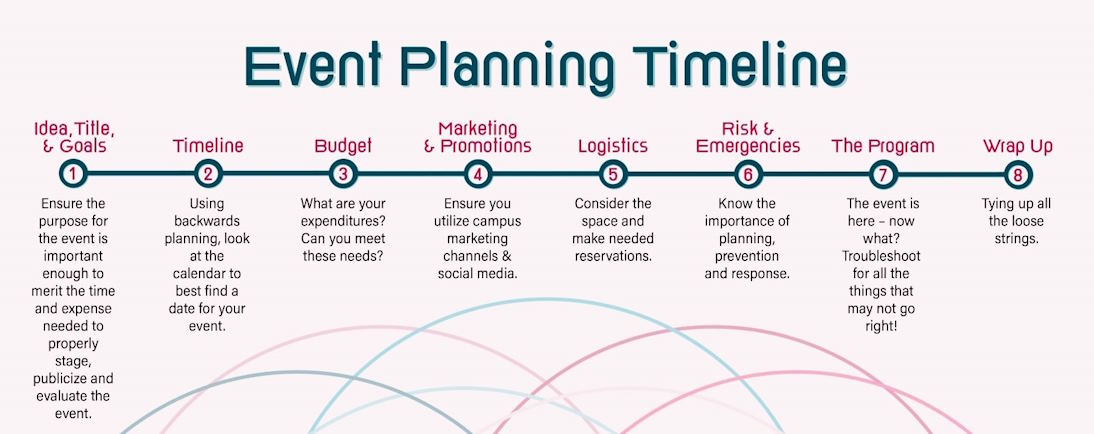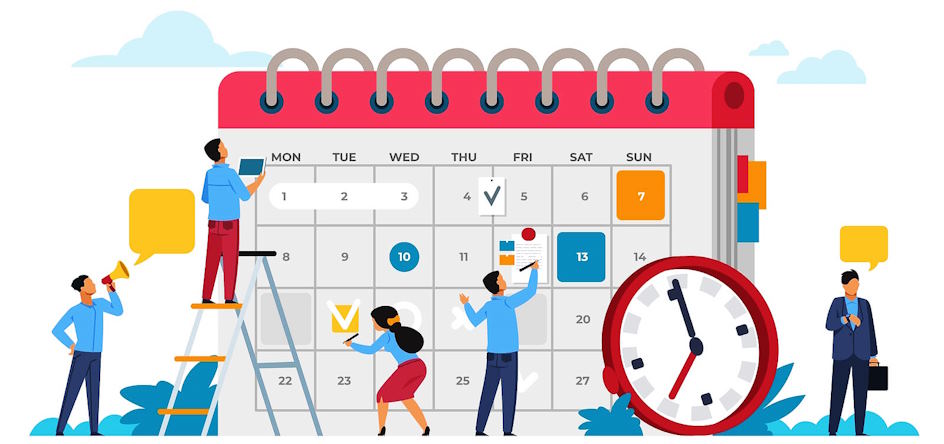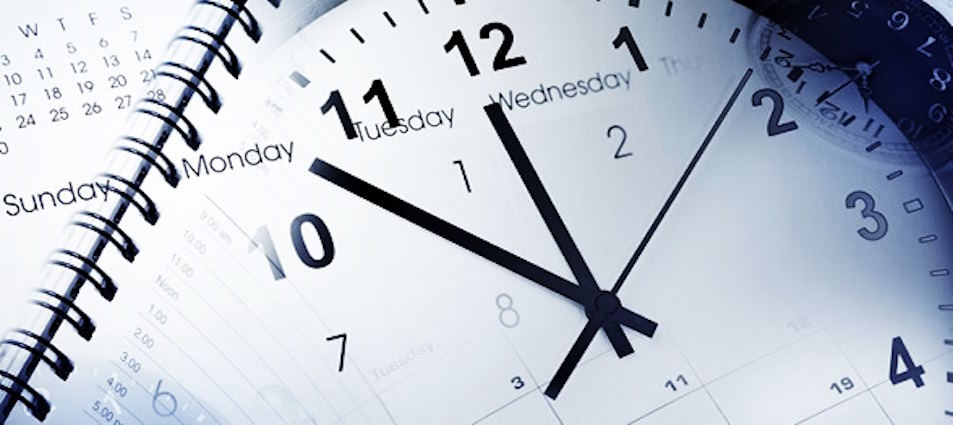The Importance of Timing in Event Planning
Amidst the myriad considerations that go into orchestrating a successful event, one aspect stands out as particularly crucial: timing. The importance of timing in event planning cannot be overstated; it serves as the bedrock upon which the entire event experience is built. From selecting the ideal date and time to orchestrating the sequence of activities throughout the event, timing plays a pivotal role in shaping attendee experience, logistical operations, and the overall success of the occasion.
Understanding Timing in Event Planning
Timing in event planning encompasses a spectrum of considerations, each playing a pivotal role in shaping the outcome of the occasion. From selecting the optimal date and time to orchestrating the sequence of activities, every decision revolves around timing. Factors such as seasonality, day of the week, time of day, and duration of the event all come into play when determining the ideal timing. For example, hosting a beachside wedding in the middle of winter may not only deter attendance but also compromise the overall experience for guests. Similarly, scheduling a networking conference during peak vacation season might result in low turnout and reduced engagement. By understanding the influence of timing and aligning it with the objectives of the event, planners can set the stage for success from the outset.

The Impact of Timing on Attendee Experience
Timing isn’t just about logistics; it directly influences the attendee experience, shaping everything from mood to engagement levels. The time of day, for instance, can significantly impact energy levels and attention spans. A morning conference may benefit from a lively atmosphere and heightened focus, while an evening gala could capitalize on a more relaxed ambiance conducive to socializing and networking. Moreover, the seasonality of an event can evoke specific emotions and expectations among attendees. A holiday-themed event in December can capitalize on the festive spirit, while a summer festival can tap into the excitement of warm weather and outdoor activities. By understanding how timing influences attendee perceptions and emotions, planners can design events that resonate deeply with their audience, fostering memorable experiences and lasting impressions.
Logistics and Operations
Behind every successful event lies a meticulously orchestrated logistical framework, and timing is at the heart of it all. Coordinating vendors, suppliers, and staff requires precise timing to ensure seamless execution. From setting up audiovisual equipment to arranging catering services, every aspect of event logistics hinges on timing. Moreover, scheduling setup and teardown activities must be carefully timed to minimize disruptions and optimize efficiency. Transportation and accessibility also factor into logistical considerations, with event timing affecting traffic patterns, public transit availability, and parking options. By strategically managing timing throughout the planning process, event planners can streamline operations, mitigate risks, and deliver a flawless experience for attendees.

Marketing and Promotion
Timing plays a crucial role in the success of event marketing and promotion efforts. Leveraging timing strategically can create anticipation, generate buzz, and drive ticket sales. For example, announcing early bird ticket specials well in advance can incentivize early registration and create momentum leading up to the event. Similarly, timing marketing campaigns to coincide with key milestones or industry trends can maximize exposure and engagement. Additionally, creating a sense of urgency through limited-time offers or countdowns can prompt action and drive conversions. By aligning marketing initiatives with the timing of the event, planners can amplify their reach, boost attendance, and enhance overall visibility.
Strategies for Effective Timing in Event Planning
To optimize timing in event planning, several strategies can be employed:
- Conduct thorough research and analysis to identify optimal timing based on audience preferences, industry trends, and local events.
- Utilize event planning tools and software to streamline scheduling, coordinate logistics, and track key milestones.
- Foster collaboration and communication among event stakeholders, including vendors, sponsors, and venue staff, to ensure alignment and cohesion.
- Maintain flexibility and adaptability in timing adjustments, allowing for contingencies and unforeseen circumstances.

